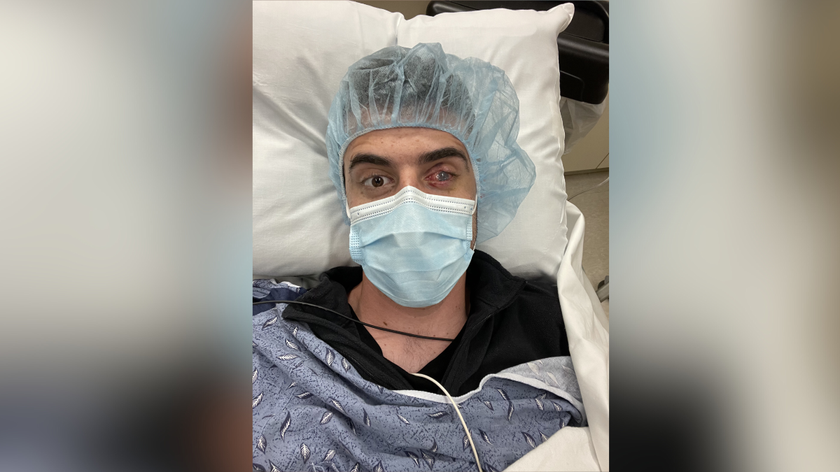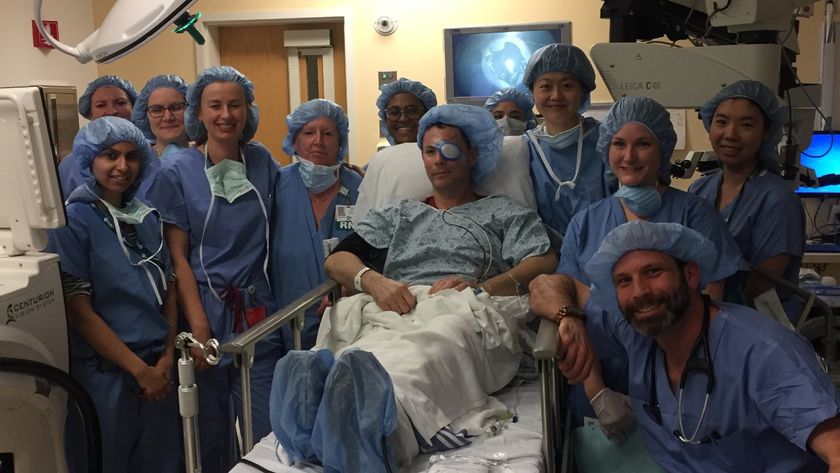Mental Disorder Behind Many Nose Job Patients

Many of the people who get nose jobs have a mental illness in which they obsess over a mostly imaginary bodily flaw, a new Belgian study suggests.
People with body dysmorphic disorder (BDD) can't stop obsessing over their appearance, and they have an exaggerated perception of a flaw that is either minor or completely imagined. This excessive preoccupation can get in the way of daily activities, and some BDD sufferers refuse to leave their homes for fear that others will see their flaw.
Over a period of 16 months, researchers from the University Hospitals Leuven in Belgium distributed BDD questionnaires and other surveys to 266 patients seeking rhinoplasty. Twenty percent of the patients had already undergone a previous rhinoplasty.
The study results suggested that 33 percent of the patients had moderate to severe symptoms of BDD. The figure rose to 43 percent among patients who were seeking rhinoplasty solely for aesthetic reasons without any functional goals, such as fixing a deviated septum.
By comparison, moderate to severe BDD symptoms were found in just 2 percent of patients undergoing nasal surgery strictly for medical reasons.
The severity of BDD symptoms was unrelated to the actual appearance of the nose, according to an objective evaluation of each patient's nasal shape. Many patients who were highly concerned about their appearance had only minor defects or none, the study authors said.
Symptoms of BDD are especially common in patients with previous plastic surgery or mental health issues, according to the authors. This finding is not surprising, since earlier studies showed that nearly all individuals with BDD continue to show symptoms after undergoing cosmetic procedures and even can develop new appearance preoccupations.
Sign up for the Live Science daily newsletter now
Get the world’s most fascinating discoveries delivered straight to your inbox.
Plastic surgeons routinely assess the motivations and mental health of patients seeking aesthetic surgery. The researchers said they hope their findings will help the doctors establish guidelines for which patients to treat.
The study will be published in the August issue of Plastic and Reconstructive Surgery, the medical journal of the American Society of Plastic Surgeons.
You can follow LiveScience writer Remy Melina on Twitter @remymelina. Follow LiveScience for the latest in science news and discoveries on Twitter @livescience and on Facebook.













